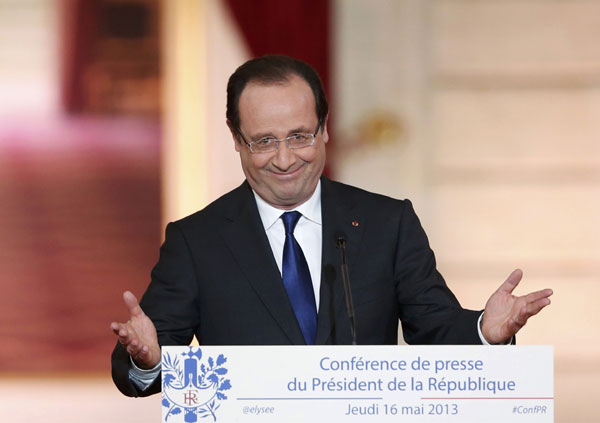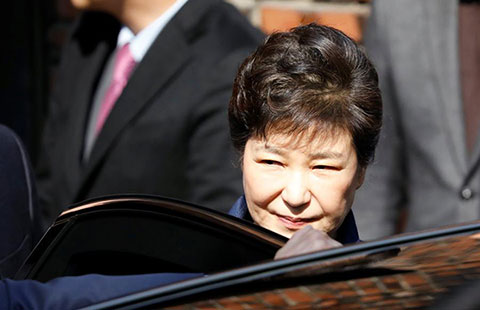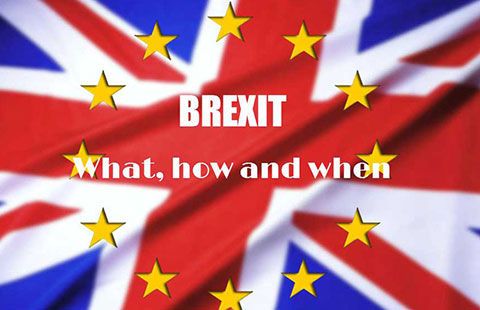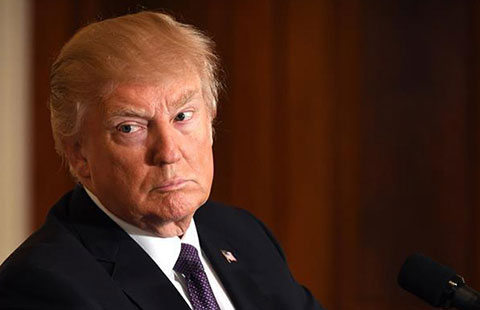France's Hollande urges euro zone government
 |
|
French President Francois Hollande arrives to deliver a speech at the Elysee Palace in Paris May 16, 2013. [Photo/Agencies] |
PARIS - French President Francois Hollande called on Thursday for an economic government for the euro zone with its own budget, the right to borrow, a harmonised tax system and a full-time president.
At a 150-minute news conference marking his first year in office, a day after economic data showed France had slipped into recession, the Socialist leader defended his record on economic reform and budget discipline and told the French people they would have to work "a bit longer" for a full pension in future.
Rebutting criticism that France has lost its leadership role in Europe because of its dwindling economic competitiveness, Hollande said he wanted to create a fully-fledged political European Union within two years.
"It is my responsibility as the leader of a founder member of the European Union... to pull Europe out of this torpor that has gripped it, and to reduce people's disenchantment with it," Hollande said.
"If Europe stays in the state it is now, it could be the end of the project."
He acknowledged he could face resistance from Germany, Europe's dominant power, which opposes mutualising debt among member states. Berlin is also reluctant to give the euro zone its own secretariat for fear of deepening division in the EU, between the 17 members of the single currency and the 10 others.
Non-euro Britain's government already faces growing domestic pressure to hold a referendum on leaving the bloc.
Hollande said he wanted Britain to stay in the EU but added: "I can understand that others don't want to join (the single currency). But they cannot stop the euro zone from advancing."
Speaking in Berlin before the French leader announced his initiative, German Chancellor Angela Merkel said her relations with Hollande were good, and she was "very optimistic" France would strike a balance between growth and budgetary rigour.
Hollande said a future euro zone economic government would debate the main political and economic decisions to be taken by member states, harmonise national fiscal and welfare policies, and launch a battle against tax fraud.
He proposed bringing forward planned EU spending to combat record youth unemployment, pushing for an EU-wide transition to renewable energy sources, and envisaged "a budget capacity that would be granted to the euro zone along with the gradual possibility of raising debt".
He also called for a 10-year public investment plan in the digital sector, the promised energy transition, public health and in big transport infrastructure projects.

















